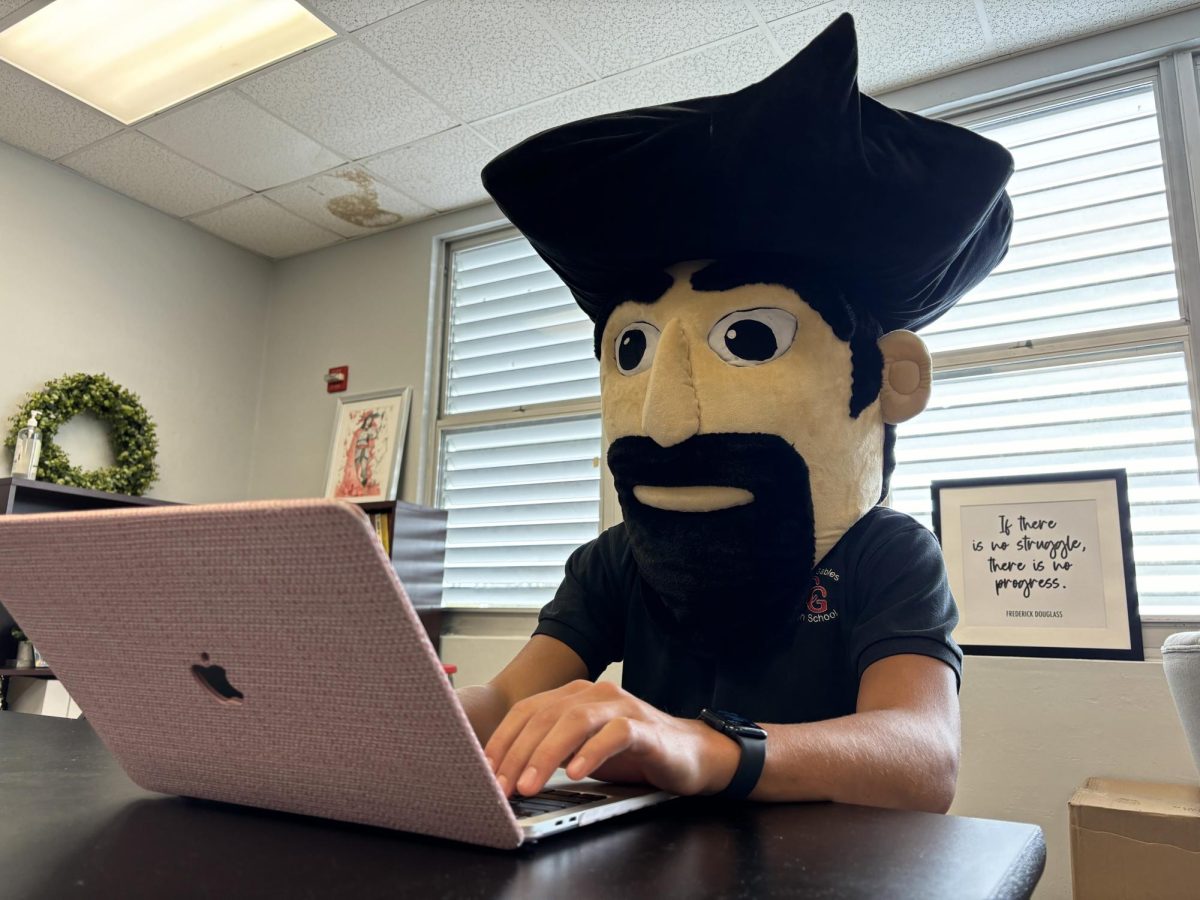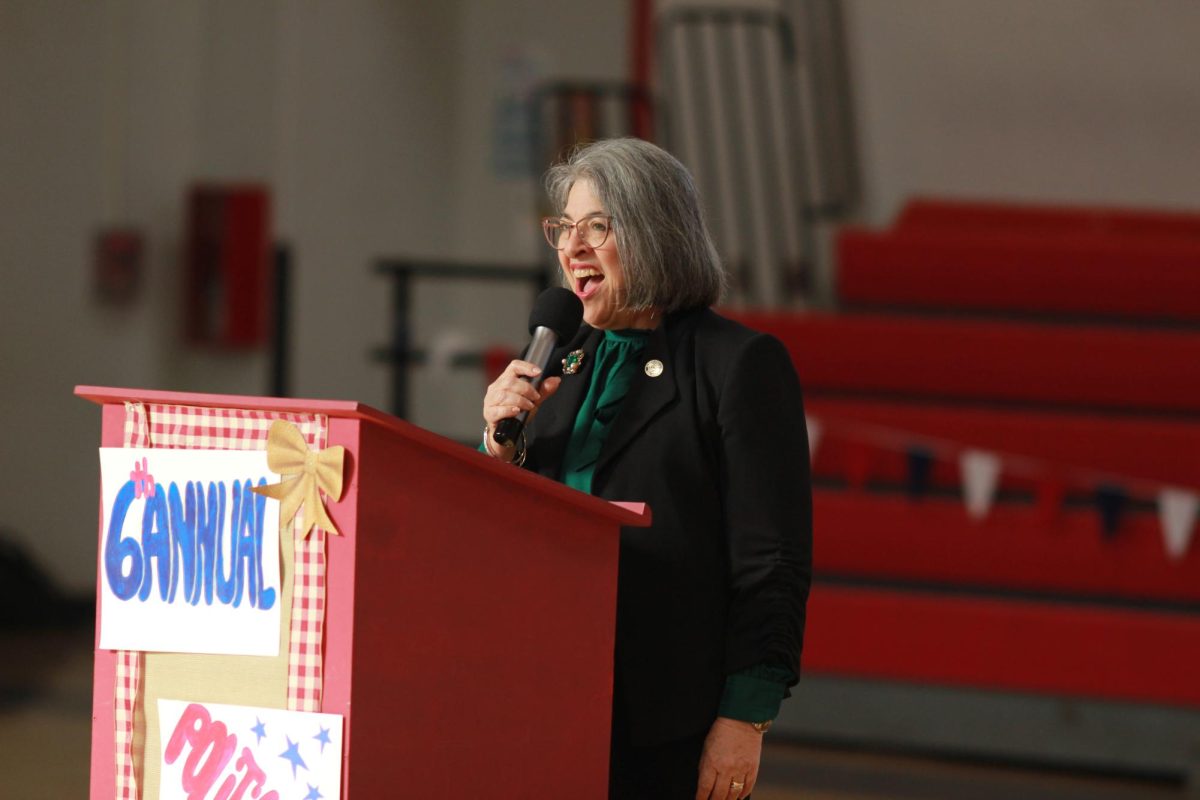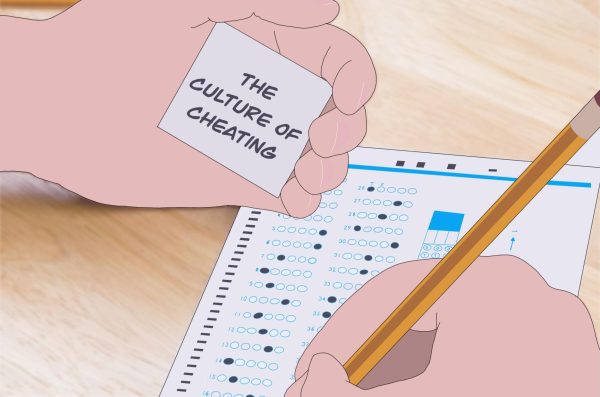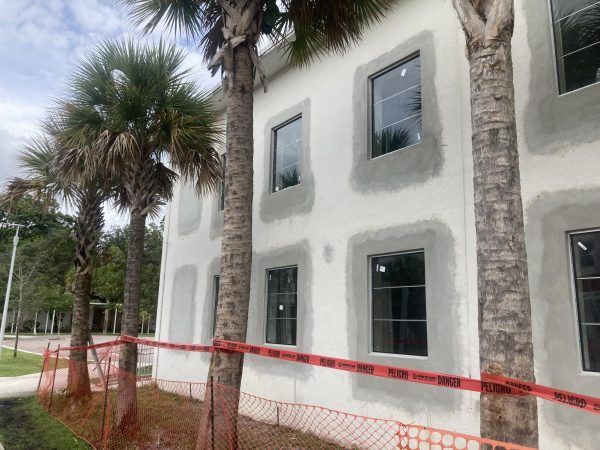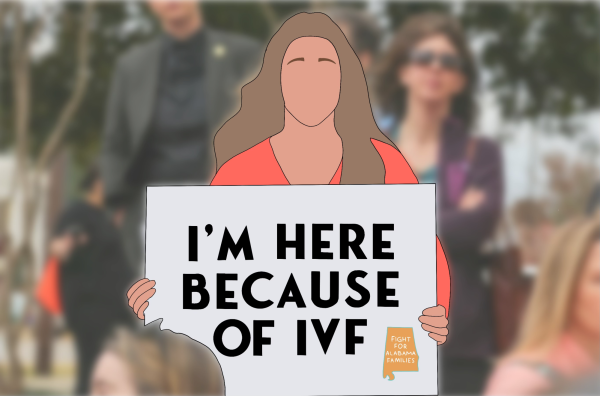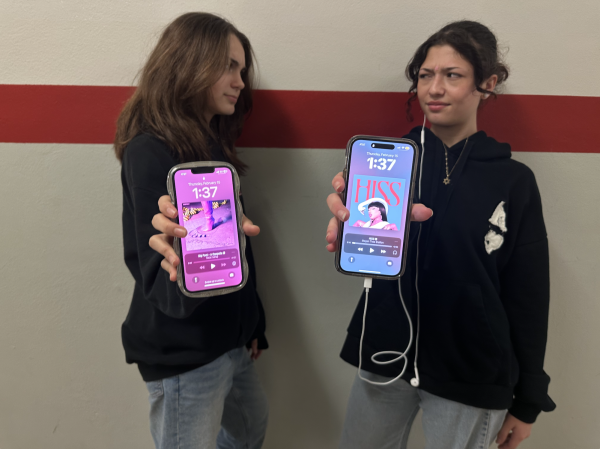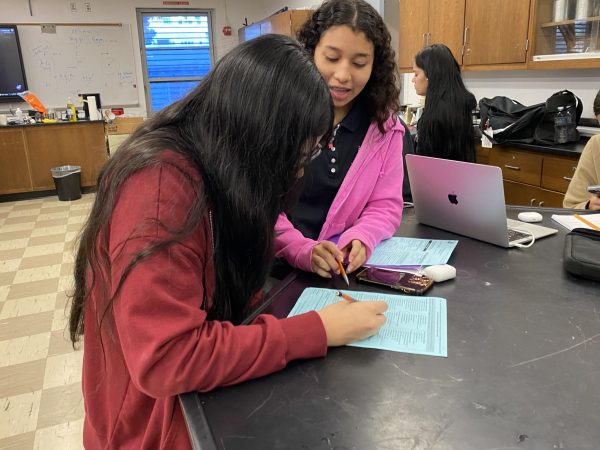Public Education to be Placed on the Endangered List
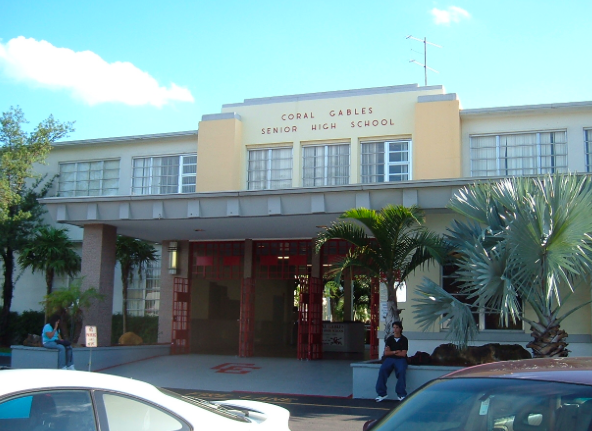
School voucher programs create a heated dialogue amongst many.
Feb 21, 2017
School vouchers are created and distributed by state governments and allow parents to use public funds to pay for an alternative form of education for their child. Today, 12 states, Florida included, provide voucher systems for parents with a certain amount of money-and this varies state-by-state. The money distributed flows from the government to private schools across the country, which created an allocated total of $800 million in vouchers during the 2011-2012 fiscal year. The issue here is that public school’s funds will be cut drastically thus resulting in the destruction of education for many students whose families cannot afford private schooling.
School voucher programs allow for flexibility of education and is the reason many parents push for this system to be implemented in the state in which they reside. These programs give parents the right to decide how their tax money is spent, and allows the money that would go into public school funding to be re-allocated to a private school of the parent’s choosing. This program also allows for specialization of schools, a philosophy that is already in-practice by specialized private schools as well as magnet school programs implemented in the public school system.
Vouchers allow for lower-income students to have the right to a better education. Most students in America can not afford schooling outside their home school. This creates a disadvantage for many regions around the country, as the schools in that specific area are not at the same caliber as those in higher income neighborhoods. This problem can be curbed through the use of school vouchers because these students can place their parent’s tax money into a more personal investment, giving them the ability to go to a school of their choice rather than settle with the school closest to their location.
Not only does it allow those struggling to pay for specialized schooling, it also appeases to students already in private institutions. When a parent must pay for the maintenance of public schools, it cuts even further into their budget of their own child’s education. If this is no longer the case for said parent, they can have more funding for their own child and no longer need to pay twice for the education of their child because of their choice to not partake in the public school system.
A drawback to this program is that public schools would have even less funding for their endeavors and cutting into their already minimal budget can be detrimental to these facilities.
“In my opinion, School Vouchers are idealistic and when used realistically don’t help minimize the economic and educational gap between higher and lower income families. The private schools may offer quality education, however the encouragement to school children in these institutions prioritizes higher income students despite offering “equal” opportunities,” sophomore Oliver Canosa said
The alternative idea to the defunding of public schools is that the public school system will no longer have a guaranteed clientele and will therefore need to improve the quality of their curriculum to appeal to parents nation-wide. This can be seen in today’s public schools as they have instituted magnet school programs all over the country to add to the appeal of a public school education.
The extent to which school voucher programs will effect public school education has yet to be seen on a large scale, but since Betsy DeVos will serve as our Secretary of Education this will soon change. Secretary DeVos heavily endorses the idea of voucher programs and we will see how this will alter the way American students are educated throughout the nation in the coming years.



